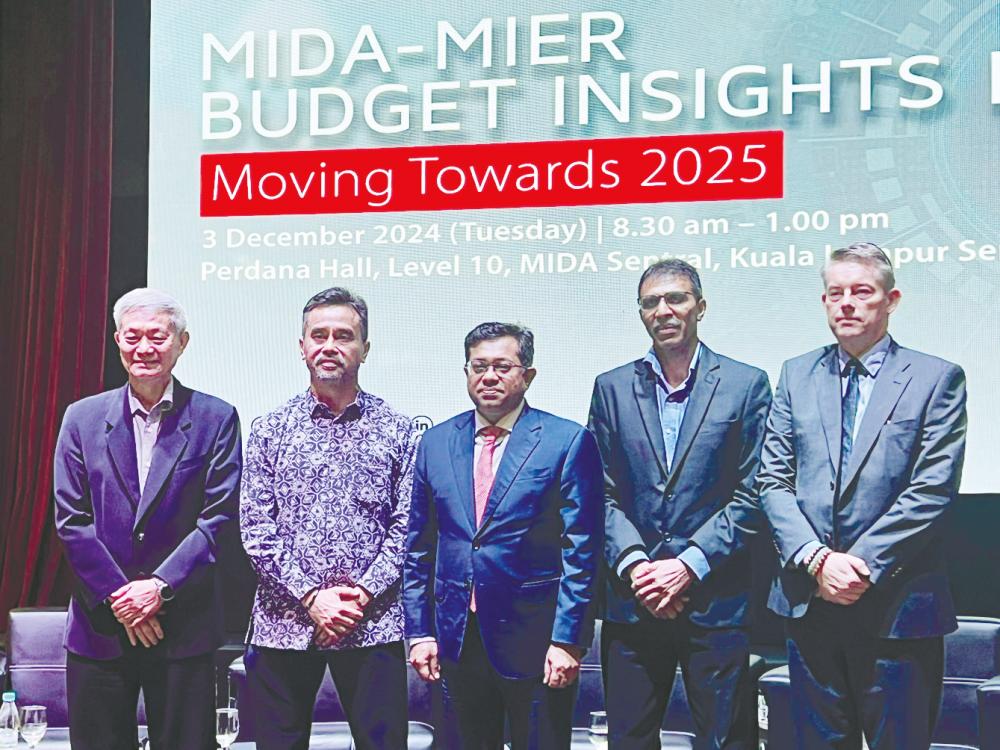KUALA LUMPUR: Cautious optimism is guiding Malaysia’s path to economic resilience, with the country projected to maintain steady growth of 5% in 2024, in line with this year’s performance.
Kenanga Investment Bank Bhd head of economic research Wan Suhaimie Wan Mohd Saidie said the nation is leveraging its regional integration and strategic diversification to navigate ongoing global challenges.
Despite geopolitical tensions and shifting trade dynamics, he emphasised that Malaysia’s positive economic outlook is supported by strong domestic demand and favourable government policies.
“Malaysia’s resilience lies in its ability to balance opportunities and risks in a multipolar world.
“Key drivers for growth include infrastructure projects, small business support, and initiatives to strengthen export sectors such as electrical and electronics.
“However, execution challenges and rising competition within Asean are hurdles to overcome,” Wan Suhaimie said at Malaysian Investment Development Authority-Malaysian Institute of Economic Research (Mida-MIER) Budget Insights forum today.
He noted that the global shift towards multipolarity has intensified the need for strategic partnerships.
“As Malaysia prepares for its 2025 Asean chairmanship, the country is positioning itself as a leader in fostering regional cooperation.
“Asean integration is critical for Malaysia’s trade and investment growth, especially amid the United States-China tensions,” Wan Suhaimie said, stressing that the chairmanship provides an opportunity to champion intra-regional trade and deepen ties with emerging economies like India and Brazil.
On the geopolitical front, he highlighted China’s projected growth slowdown and the implications of US policies under a potential Trump presidency present challenges.
“Malaysia is focused on diversifying trade to mitigate dependency on its two largest partners, embracing opportunities in India, Europe and BRICS nations,” Wan Suhaimie noted.
Domestically, he said, the government is prioritising talent development and economic diversification.
While Malaysia’s path is fraught with uncertainties, Wan Suhaimie, said its neutral stance in global geopolitics, coupled with proactive policies, has instilled cautious optimism among stakeholders.
The forum held at Mida Sentral saw CEOs, investors and policy leaders engaged in open and dynamic discussions about Malaysia’s economic future. The line-up of moderators and panellists, comprising industry thought leaders and economic experts, delivered presentations and discussions that provided a comprehensive view of Malaysia’s economic landscape, offering attendees a unique perspective on the country’s prospects and opportunities for growth.
MIER executive director Anthony Dass highlighted that the Budget Insights forum set a new standard for economic cooperation in Malaysia, marking a crucial milestone in the country’s efforts to achieve more inclusive and sustainable growth.
“By fostering a culture of collaboration and open dialogue between the public and private sectors, the event became a driving force for Malaysia’s economic progress,” he said.









